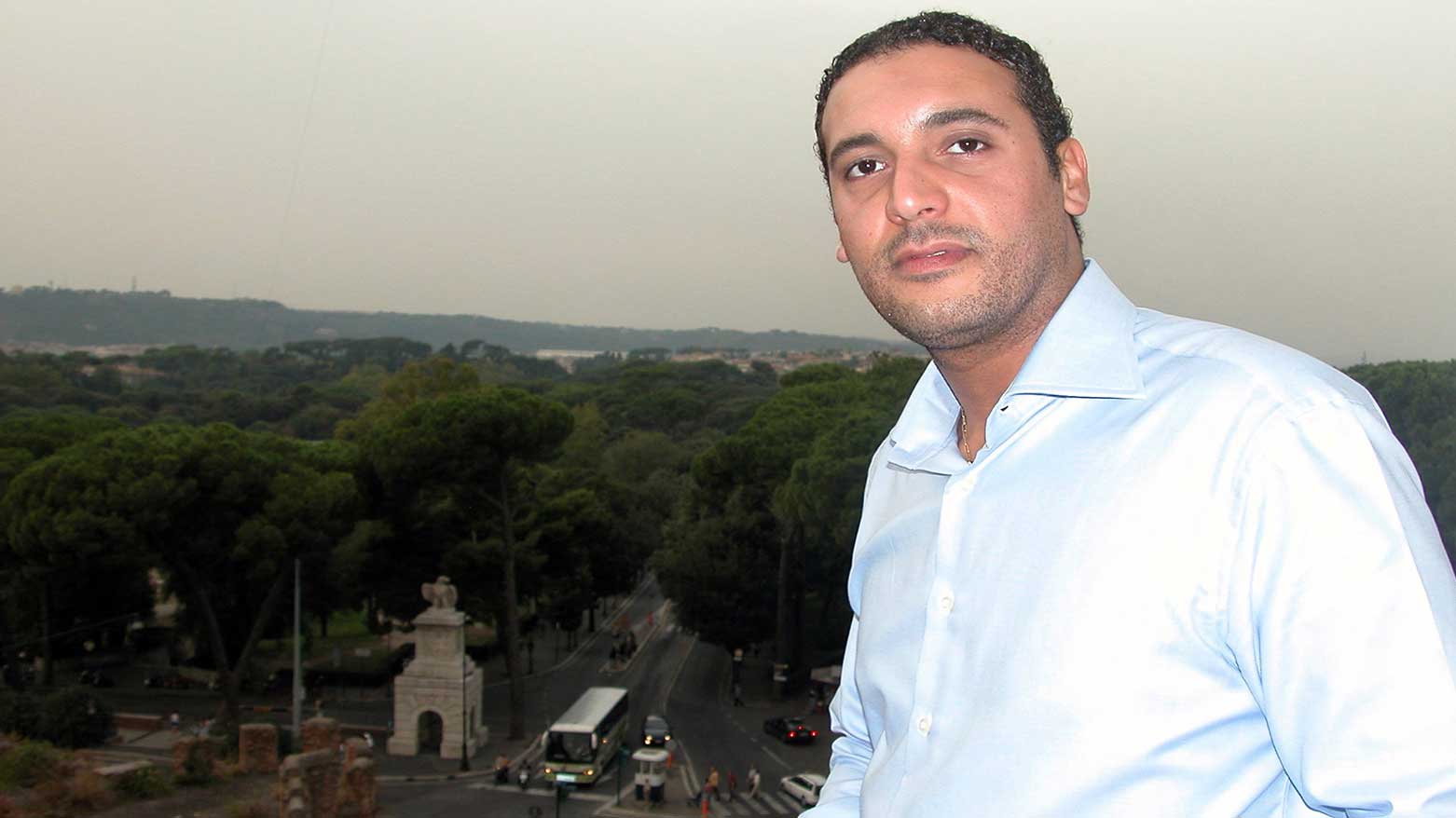From Power to Exile: What Became of Gaddafi’s Family After Libya’s 2011 Uprising
Scattered Power: Thirteen Years After Muammar Gaddafi’s Fall, His Family’s Exile, Trials, and Uncertain Future Reflect Libya’s Ongoing Turmoil

ERBIL (Kurdistan24) — More than thirteen years after the fall of Libya’s longtime ruler Muammar Gaddafi, the fates of his once-powerful family remain scattered across the Middle East and beyond. The family’s decline, marked by exile, imprisonment, and political obscurity, mirrors Libya’s own ongoing turmoil following the 2011 uprising that ended four decades of autocratic rule.
The latest development came on Friday, when a Lebanese court ordered the release of Hannibal Gaddafi, one of the late leader’s sons, on $11 million bail after nearly a decade in pre-trial detention.
Hannibal, arrested in Lebanon in 2015, had been accused of withholding information about the 1978 disappearance of Lebanese Shiite cleric Mussa Sadr, a case that continues to stir political sensitivities in Lebanon.
Despite his release, he remains banned from travel while investigations continue, according to judicial sources quoted by AFP.
Since Muammar Gaddafi’s death in October 2011—when rebels captured and killed him during a NATO-backed revolt—the once-dominant Gaddafi family has dispersed, finding refuge in countries from Algeria to Oman and Turkey.
Their attempts to reclaim influence have largely failed, as Libya remains divided between rival administrations, foreign interests, and armed factions vying for control.
Saif al-Islam Gaddafi: The Would-Be Successor
Saif al-Islam, the dictator’s second son and one-time heir apparent, was often described as Libya’s de facto prime minister before the revolution. Educated in London, he cultivated an image of reform, only to lose credibility when he vowed to unleash “rivers of blood” against the Arab Spring uprising.
Captured in 2011 in western Libya’s Zenten region under an International Criminal Court (ICC) warrant, Saif was sentenced to death in 2015 but later received amnesty.
In 2021, he resurfaced briefly, announcing plans to run for president in Libya’s long-delayed elections. His current whereabouts remain unknown, though reports suggest he maintains influence among loyalist circles in southern Libya.
Aisha Gaddafi and Safiya Farkash: In Exile
Aisha, Gaddafi’s only daughter and a trained lawyer, fled Libya with her mother, Safiya Farkash, and her brother Mohammed during the final weeks of the 2011 war.
The family found refuge in Algeria, later moving to Oman in 2013, where they were granted political asylum. Safiya, Gaddafi’s second wife, is believed to divide her time between Oman and Egypt.
Saadi Gaddafi: From the Soccer Field to the Courtroom
Saadi, a former professional footballer known for his flamboyant lifestyle, fled to Niger in 2011 but was later extradited back to Libya.
He spent years in detention before being released in 2021 and is now reportedly living in Turkey. Despite past threats to “launch a new rebellion,” Saadi has largely avoided public life since his release.
Mutassim and Khamis Gaddafi: Killed in 2011
Two of Gaddafi’s sons, Mutassim and Khamis, died alongside their father in the final days of the uprising. Mutassim, who headed Libya’s National Security Council, was captured and killed in the coastal city of Sirte.
Khamis, the youngest son, led an elite battalion that played a key role in defending the regime and was also reported killed that same month. Their burial sites remain undisclosed.
Mohammed Gaddafi: The Quiet Elder Son
The eldest son, Mohammed Gaddafi, who headed the Libyan Olympic Committee and the country’s telecommunications authority, fled with Aisha and Safiya to Algeria and later settled in Oman.
He has remained out of the public eye since.
Libya’s Continuing Instability
Libya itself remains deeply divided between rival governments in Tripoli and Benghazi, each backed by competing foreign powers. Efforts by the United Nations to organize national elections have repeatedly stalled, leaving the oil-rich nation politically fragmented and economically strained.
The Gaddafi name still evokes mixed emotions in Libya—resentment among those who suffered under the regime, nostalgia among others who recall an era of state stability.
While Saif al-Islam and a small circle of loyalists occasionally resurface in political discussions, the family’s ability to regain meaningful influence appears limited.
More than a decade after Muammar Gaddafi’s downfall, his family remains a symbol of a bygone era—one that continues to cast a long shadow over a nation still struggling to rebuild its identity and stability.